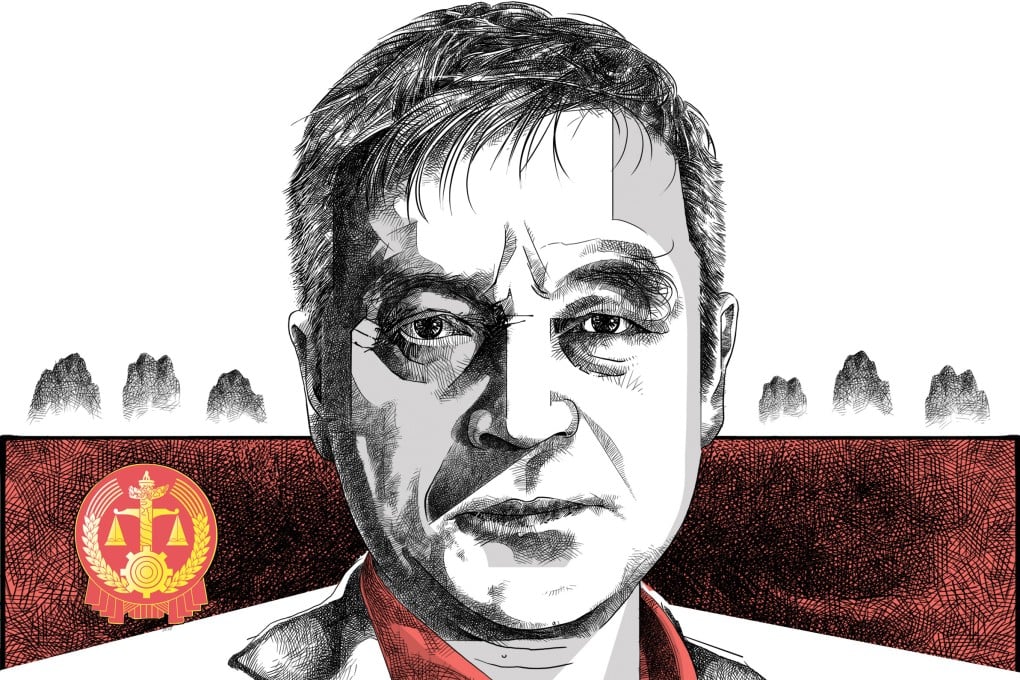Open Questions | In the name of the law: scholar He Weifang argues his case for remembering China’s past
- The retired academic speaks out about his country’s legal system, the Cultural Revolution, private enterprise protection, nationalism and why 2008 was China’s ‘first year’

You retired last July, bidding farewell to your fruitful career as a legal scholar. How is life after retirement and do you still have some work to do?
It’s quite good. I still have three PhD students under my supervision who have not yet graduated.
I supervised a concentration in Western legal history, which is more historically oriented. Some of my students specialise in the different versions of the Magna Carta that evolved, some study the early development of the legal profession in England, and some study how the common law adapted to the 13 colonies as a “New World” environment prior to the founding of the United States.
I encourage students to do such studies because they help people understand how the rule of law works. They do not necessarily have to relate to the reality of China.
I am happy to say goodbye to the classroom at this moment, because university teachers now face more difficulties. My discipline is law and constitutionalism, and my comments on current affairs have often been at odds with the authorities.
You have been teaching at universities, including the China University of Political Science and Law and Peking University, for almost 40 years. Looking back, was there a moment you were especially proud of?